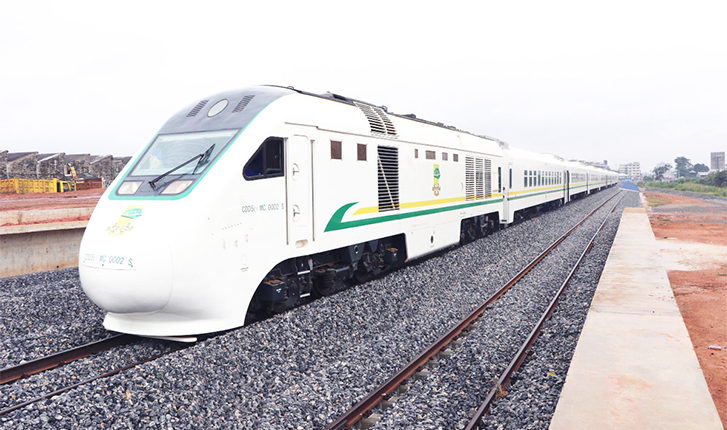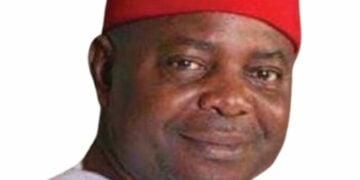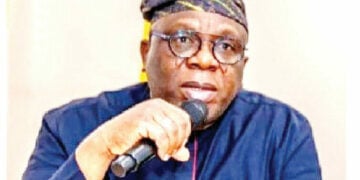Nigeria’s rail transport sector is emerging as a significant revenue driver, with stakeholders predicting it could soon rival oil in terms of economic contribution.
This shift comes amid efforts to diversify the nation’s economy away from its heavy reliance on oil revenues.
Stakeholders expressed optimism that the expanding rail network could transform the economy and significantly boost the nation’s GDP.
They believe that a robust rail system can lead to increased trade, reduced transportation costs, and improved access to markets, ultimately benefiting businesses and consumers alike.
During an inspection of the ongoing Kano-Daura-Maradi rail project, Minister of Transportation, Sa’id Alkali, highlighted the sector’s immense potential.
He noted that several states, including Lagos, Plateau, and Kaduna, have invested heavily in rail infrastructure, positioning the country for substantial economic gains.
These investments reflect a commitment to enhancing connectivity and efficiency across the nation.
“The unbundling of the rail sector is designed to encourage private sector involvement. Once freight operations commence from Lagos to Maradi, and in line with the African Continental Free Trade Agreement (AfCFTA), the rail sector will generate significant revenue,” Alkali explained.
He emphasized that this could lead to meaningful contributions to Nigeria’s GDP, fostering a more resilient economy.
Alkali also revealed plans to link major economic hubs, including the Port Harcourt and Onne ports, through Aba to Maiduguri.
This expansion aims not only to improve Nigeria’s transport infrastructure but also to elevate rail transport to compete directly with oil in revenue generation. Such developments could create thousands of jobs and stimulate local economies.
The Minister further emphasized the importance of human capital development through the University of Transportation Daura, which aims to equip students with the skills needed to manage Nigeria’s evolving rail system.
This initiative is crucial for ensuring that the workforce is adequately prepared for the demands of a modern rail network.
He assured that compensation is being arranged for individuals affected by the construction of rail projects, including those whose lands were acquired, addressing concerns over displacement and ensuring community support.
Chairman of the Senate Committee on Land Transportation, Senator Adamu Aliero, commended the progress made on the Kano-Daura-Maradi rail project but noted that more effort is needed to meet the 2026 completion date.
He pointed out that some international partners have yet to contribute their counterpart funding, despite the Nigerian government’s proactive financing of the project.
Aliero praised the University of Transportation Daura but called for expanded infrastructure to accommodate more students.
“Currently, the university admits 1,300 students out of 5,000 applicants. The federal government must invest in expanding the facilities,” he urged.
The Kano-Maradi rail line, costing $1.9 billion, will connect Kano to Maradi in Niger. Expected to transport 9,300 passengers and 3,000 tons of freight daily, the project is set for completion by December 2026.





